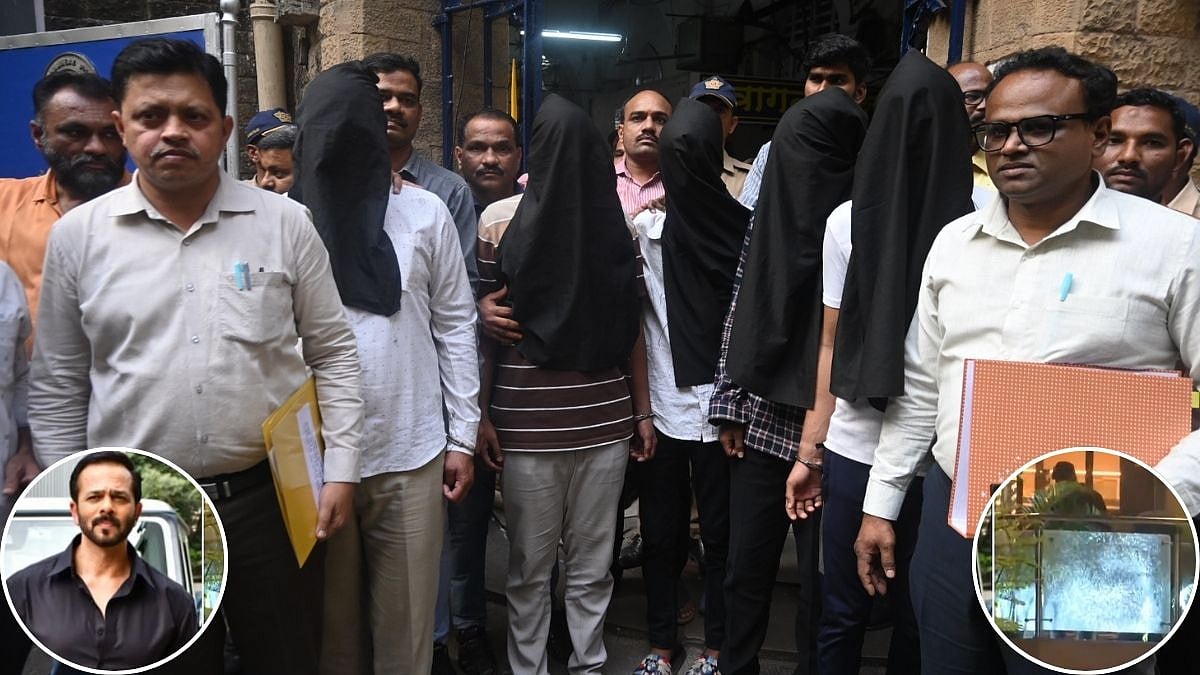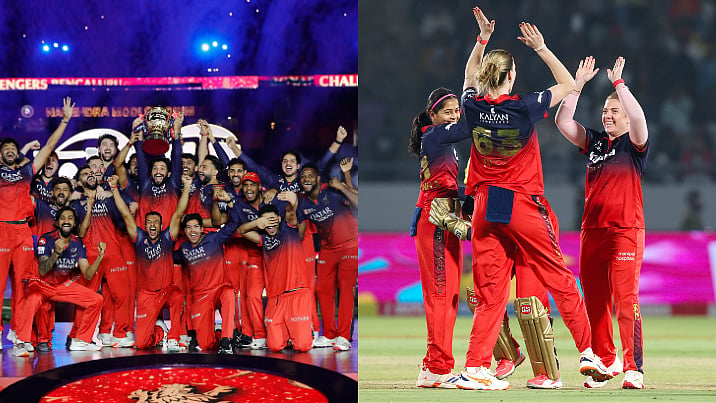For two consecutive days, students across the country hit the streets on Sunday in solidarity with Jamia Milia Islamia University after Delhi Police entered the varsity campus and detained several students for alleged involvement in violent protests against the Citizenship Amendment Act (CAA).
The Jamia Milia Islamia University had virtually turned into a battlefield on Sunday as police entered the campus and also used force, following protest against the Citizenship Amendment Act that led to violence and arson in which four DTC buses, 100 private vehicles and 10 police bikes were damaged.
The situation remained tense in the university premises on Tuesday as protesters, including students and local residents, converged outside the varsity holding tricolour and placards to continue their demonstration against CAA and NRC.
But this is not the first students protest in India. Here are five students’ movements that took place in past.
Anti-Hindi agitations of Tamil Nadu, 1965
The Anti-Hindi agitations of Tamil Nadu were a series of agitations that happened in the Indian state of Tamil Nadu during both pre- and post-Independence periods. The agitations involved several mass protests, riots, student and political movements in Tamil Nadu.
Despite protests by the Dravida Munnetra Kazhagam (DMK) in Parliament, the law was passed. But then prime minister Jawaharlal Nehru assured that English will continue to be official language. After Nehru’s death in 1964, the Congress government in the state introduced a three-language formula in the state assembly, leading to students taking to the streets. In two weeks of riots, about 70 people were killed, according to government estimates. To calm the situation, Indian Prime Minister Lal Bahadur Shastri gave assurances that English would continue to be used as the official language as long as the non-Hindi speaking states wanted. The riots subsided after Shastri's assurance, as did the student agitation.
Navnirman Andolan
Navnirman Andolan was a socio-political movement in 1974 in Gujarat by students and middle-class people against economic crisis and corruption in public life. On 20 December 1973, students of L.D. College of Engineering, Ahmedabad went on strike in protest against a 20% hike in hostel food fees.
Same type of protest took place, on 3 January 1974 at Gujarat University resulted in clashes between police and students which provoked students across Gujarat. People from different walks of life joined the students’ protests. A statewide strike was organised on 25 January 1974 and resulted in clashes between police and people at least in 33 towns. The government imposed a curfew in 44 towns and the agitation spread throughout Gujarat. The army was called in to restore peace in Ahmedabad on 28 January 1974. Due to the pressure of the protests, Indira Gandhi asked Chimanbhai Patel to resign. The governor suspended the state assembly and imposed president's rule.
Mandal Commission protests, 1990
Mandal Commission was set up in 1979 January by Morarji Desai government to identify the socially or educationally backward classes to consider the question of seat reservations and quotas for people to redress caste discrimination, and used eleven social, economic, and educational indicators to determine backwardness. It was chaired by B. P. Mandal. The commission submitted the report to the president on December 30, 1980. It recommended 27% reservation quota for OBC resulting in total 49.5% quota in government jobs and public universities. V.P. Singh, the Prime Minister at the time, tried to implement its recommendations in August 1990 which led to protests.
These protests were against giving government jobs to certain castes on basis of birth rather than merit of the candidate. Due to these protests many roads, highways, transportation services, government services, schools were shut. Students in several places boycotted exams. The agitation ended when Singh resigned on November 7, 1990, after the Bharatiya Janata Party (BJP) withdrew support to his Janata Dal government.
2006 Indian anti-reservation protests
The 2006 Indian anti-reservation protests were a series of protests that took place to oppose decision of Congress-led United Progressive Allianace government to implement reservations for the Other Backward Classes (OBCs) in central and private institutes of higher education.
The government proposed to reserve 27% of seats in the premier educational institutions of India like All India Institute of Medical Sciences (AIIMS), Indian Institutes of Technology (IITs), National Institutes of Technology (NITs), Indian Institutes of Management (IIMs), Indian Institute of Science (IISc) and other central institutions of higher education for the OBCs in order to help them gain higher levels of representation in these institutions. This move led to massive protests, particularly from students and doctors belonging to the forward castes, who claimed that the government's proposal was discriminatory, discarded meritocracy and was driven by vote-bank politics.
FTII Protests, 2015
On 12th June, 2015, Gajendra Chauhan was appointed the Chairman of the Film and Television Institute of India (FTII). In July 2015, the students of Film and Television Institute of India, Pune, launched a stir against the nomination of actor Gajendra Chauhan as the chairman of the prestigious institute. Students of the FTII went on an indefinite strike protesting against the appointment, with protests in places like Delhi erupting into a clash of the students with the police.
JNU protest, 2016
On 9 February 2016, some students of Jawaharlal Nehru University (JNU) held a protest on their campus against over the 2013 execution of Afzal Guru. The event saw clashes between various student groups. The demonstration witnessed clashes between different student groups. Four days after the event, JNU Students' Union President Kanhaiya Kumar was arrested by the Delhi police and charged with sedition. Two other students were arrested soon afterwards, including Umar Khalid. The arrests drew heavy criticism from many sections of society, on the grounds that the Bharatiya Janata Party government was attempting to silence political dissent. Thousands of students, faculty, and staff protested against the arrest. In response, students went on an indefinite strike.






.jpg)



